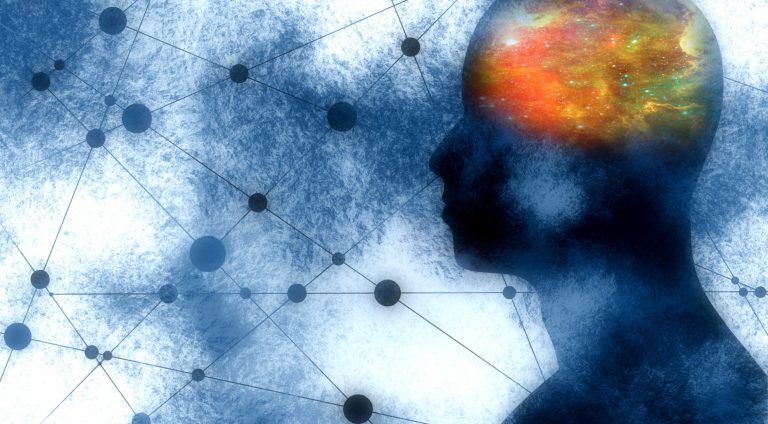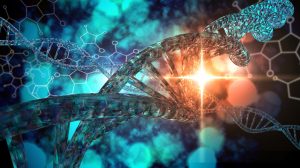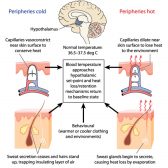Psychiatry & Mental Disorders

Psychiatry and mental disorders
Table of Contents
The Definition of Mad
When someone says ‘mental disorder’ many people associate it with madness. This is truly not the case. There are many states of mental disorder where the sufferer is not clinically insane.
Madness essentially means psychosis, being out of touch of reality and not being capable of rational and controlled thought. A person in psychosis may have irrational delusions and hallucinations that illustrate this imbalance in the conscious and unconscious mind.
Schizophrenia
Schizophrenia can affect the mind and personality. In severe cases, the sufferer believes that ‘something’ is in control of them, and that they have lost control of themselves.
Affective Mood Disorder
- Mania – The sufferer is overly cheerful and can possibly appear as if they are under the influence of alcohol
- Depression – Where beliefs and perceptions are unclear & unproductive
Obsessive & Compulsive Disorder
A mental disorder where the sufferer must undergo meticulous rituals to live their normal lives, such as excessive washing of their skin and hair. If the sufferer cannot do this, anxiety kicks in as a “withdrawal symptom” until they allow themselves to repeat the ritual once again.
Phobias
A preconception about a given situation or object, such as a fear of snakes or being in high places. A huge diversity of phobias have been discovered by psychologists.
Depressive Neurosis
The classic case of depression where depression is the primary emotion in the sufferer, resulting in a lack of motivation and self-esteem to be functional in society and to themselves.
Physical Disease
Not only can the way the brain works be affected by disorders, the physical components of the brain can also be infected by pathogens. Dementia is such a physical disease, where the long term memory of the sufferer is broken down due to the physical components of the brain and nervous synapses degrading over time.
Drugs for Mental Disorders
A wide range of drugs are now available for those suffering mental disorders, though many people face a psychological barrier when it comes to taking medication to cure their ‘soul’. Many of the drugs used prove addictive which in turn can also lead to further psychiatric problems.
However, psychotherapy is an alternative communicative treatment designed to get the patient to understand themselves better. This can be combined with drug therapy, and eventually develop the patients’ self-realization into a more productive and positive state. Medicinal neurology is a fairly new area of medicine.
The next tutorial investigates perception and two people can interpret the same thing differently.
You will also like...

Evolution of Life – Ancient Earth
Autotrophs flourished, absorbing carbon and light. Soon after, primitive life forms that could assimilate oxygen thrived..

Plant Cells vs. Animal Cells
Plant cells have plastids essential in photosynthesis. They also have an additional layer called cell wall on their cell..

Meiosis and Alternation of Generations
Plants are characterized by having alternation of generations in their life cycles. This tutorial is a review of plant m..

Temperature Regulation in Animals
This tutorial elucidates body temperature regulation. Know the details here to learn how the body sets the body temperat..

Leaves
Leaves are the major photosynthetic organ of a plant. Apart from that, they are also crucial to water movement. In this ..

New Zealand’s Unique Fauna
Meet some of New Zealand's unique fauna, including endemic insects, frogs, reptiles, birds, and mammals, and investigate..
